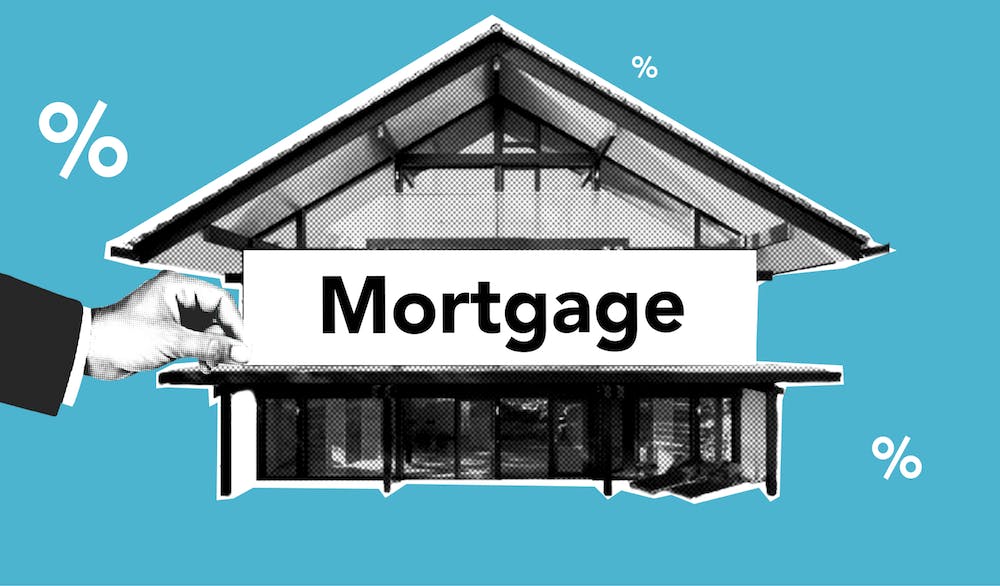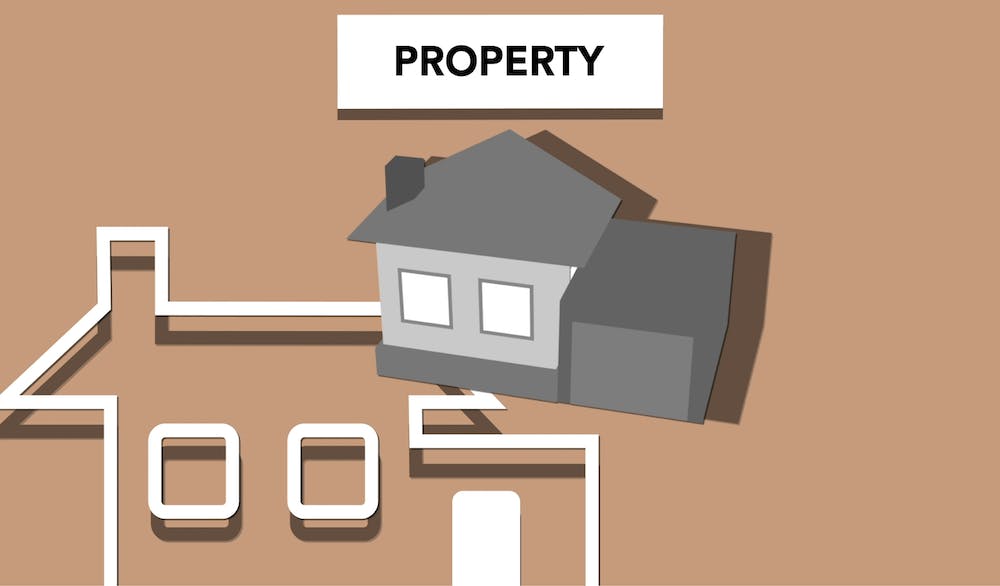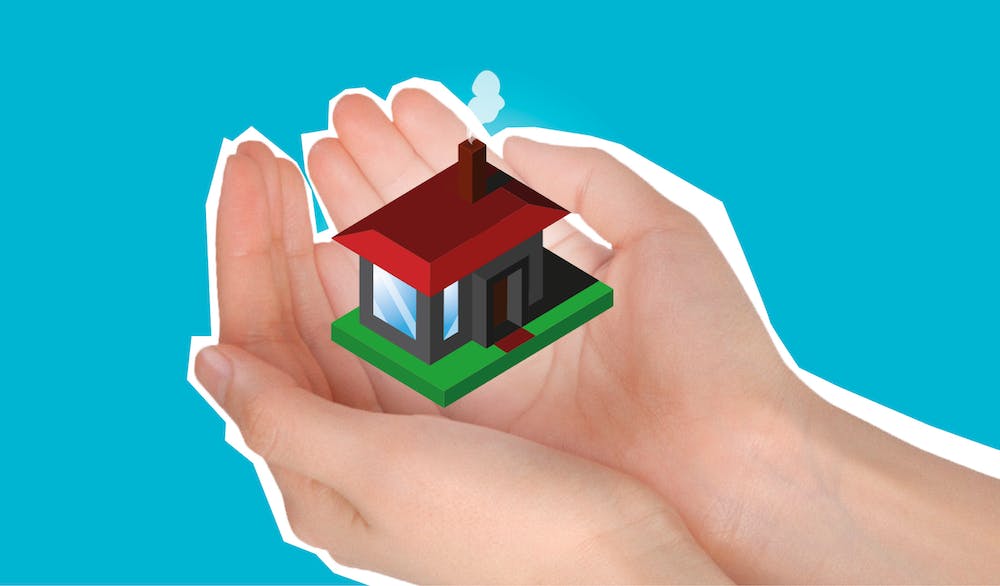If you’re thinking of buying a house but don’t have enough income or credit history to qualify for a mortgage, you might consider getting a co-signer to help you out. A co-signer is someone who agrees to take on the responsibility of paying your loan if you default. But before you ask your parents, siblings, friends or relatives to co-sign for you, you should weigh the pros and cons of this arrangement.
 Pros of getting a co-signer:
Pros of getting a co-signer:
 – You can get approved for a loan that you otherwise wouldn’t be able to afford. A co-signer can boost your chances of getting a mortgage by adding their income and credit score to yours. This can help you qualify for a lower interest rate and a larger loan amount.
– You can get approved for a loan that you otherwise wouldn’t be able to afford. A co-signer can boost your chances of getting a mortgage by adding their income and credit score to yours. This can help you qualify for a lower interest rate and a larger loan amount.
– You can build your own credit history and score. By making timely payments on your mortgage, you can improve your credit rating over time. This can help you qualify for better loans in the future without needing a co-signer.
– You can benefit from the co-signer’s financial advice and support. A co-signer can help you budget, save and plan for your homeownership goals. They can also offer emotional support and encouragement along the way.
 Cons of getting a co-signer:
Cons of getting a co-signer:
 – You put your co-signer’s finances and credit at risk. If you miss a payment or default on your loan, your co-signer will be liable for the debt. This can damage their credit score and affect their ability to borrow money in the future. It can also strain your relationship with them if they have to pay for your mistakes.
– You put your co-signer’s finances and credit at risk. If you miss a payment or default on your loan, your co-signer will be liable for the debt. This can damage their credit score and affect their ability to borrow money in the future. It can also strain your relationship with them if they have to pay for your mistakes.
– You limit your co-signer’s borrowing power. When your co-signer agrees to back up your loan, they are essentially taking on another debt. This can reduce their debt-to-income ratio and make it harder for them to qualify for their own loans or mortgages.
– You may feel dependent or pressured by your co-signer. Having a co-signer means that you have to share your financial decisions and information with them. You may feel like you have to follow their advice or expectations, even if they don’t align with yours. You may also feel guilty or resentful if you burden them with your debt.
 Getting a co-signer for your home loan can be a helpful option if you need some extra help to achieve your dream of homeownership. But it also comes with some drawbacks and risks that you should consider carefully. Make sure you have a clear and honest discussion with your potential co-signer before you sign any papers. And remember that ultimately, you are the one who has to pay back the loan and live in the house.
Getting a co-signer for your home loan can be a helpful option if you need some extra help to achieve your dream of homeownership. But it also comes with some drawbacks and risks that you should consider carefully. Make sure you have a clear and honest discussion with your potential co-signer before you sign any papers. And remember that ultimately, you are the one who has to pay back the loan and live in the house.

